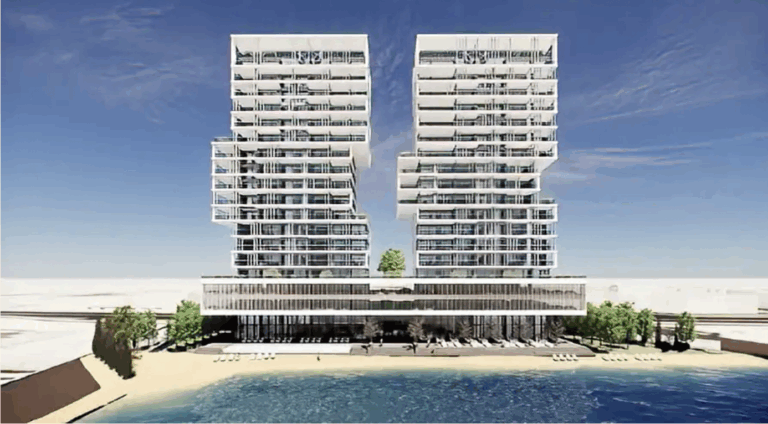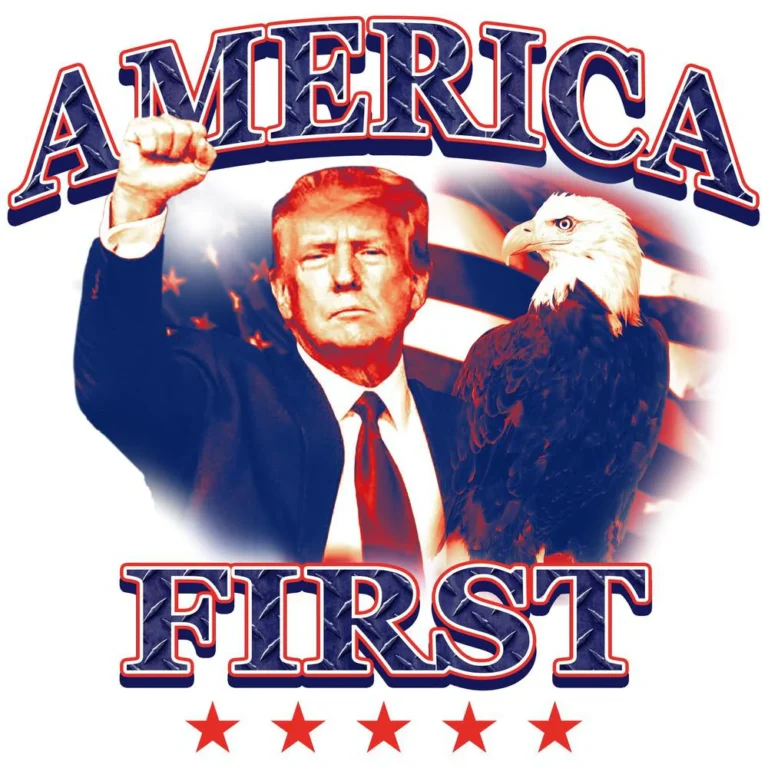By Andrea Tucci,
The presidential election of Joseph Aoun in Lebanon, not only filled a two year and three month-long presidential vacancy, but it also marks the start of a new phase for Lebanon, following a series of successive crises and a terrible war whose wounds have not yet healed but above all, it marks a new international and regional involvement in Lebanon.
This new beginning for the country could not unfold in a simple scenario, full of coded messages to underline the importance of the challenges and allow the players, in particular the Amal, the political party and militia affiliated mainly with the Shia community of Lebanon. and Hezbollah tandem, to mark their territory:”You cannot disregard us and nothing can be done without us.” Clear enough?..
Hezbollah, historically a dominant player in Lebanese politics, has faced significant setbacks in recent months. The assassination of Secretary General Hassan Nasrallah in an Israeli raid and the fall of Bashar al-Assad’s regime in Syria have weakened its regional standing. These events, combined with the economic damage caused by the war with Israel, have certainly undermined the group’s popular and political support.
Additionally, the decision to elect Joseph Aoun, perceived as a neutral figure acceptable to both the United States and Saudi Arabia, signals a significant shift in direction.
Lebanon is now at the center of renewed international interest. The United States applied significant diplomatic pressure to ensure Aoun’s election, viewing him as a leader capable of restoring institutional stability and containing Iranian influence. Moreover, Saudi Arabia announced just a few days ago that: “It would be ready to allocate significant resources for the country’s reconstruction in the event of Aoun’s victory.” This is a clear indication of Saudi Arabia’s return as a regional mediator, presenting an opportunity to diminish Hezbollah’s, Syria’s, and Iran’s influence in contemporary Lebanon and to restore Lebanese sovereignty.
The upcoming expiration of the ceasefire between Hezbollah and Israel on January 26 undoubtedly increases the pressure and complexity of the regional balance.
Hezbollah, after the heavy blow it was dealt in recent months wanted anyway to show that it is still in a position to influence the internal scene. But such a message can compromising which the West and the Arabs desire?
President Aoun set the tone in his first speech saying that if one part of Lebanon is wounded, the whole country is wounded… But also said that the state will have a monopoly on arms.
Was the message received from all the parties involved?




